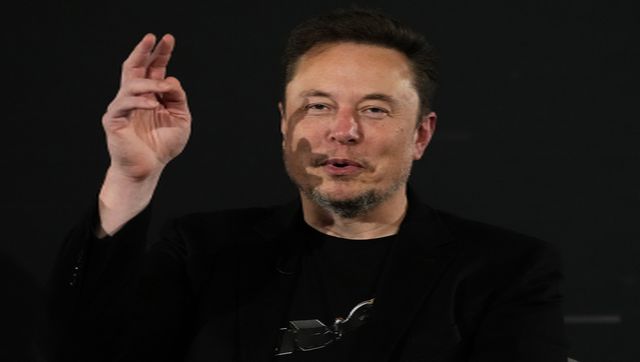Azim Premji, owner of over infotech major Wipro, is the first Indian to sign on to Warren Buffett’s Giving Pledge , which expects billionaires to voluntarily pledge at least half their wealth for the uplift of the less fortunate.
At his shareholding level of 78-and-odd percent, Premji’s Wipro wealth alone would amount to nearly Rs 78,000 crore - or $15 billion - and half of that would mean $7-8 billion for charity.
That’s a huge chunk, even though the giving may happen in stages extended rather than in one chunk. In a letter to Giving Pledge, Premji said he was deeply moved by Gandhi’s idea of holding wealth in trusteeship for the poor. He said he plans to use his pledged amounts to deepen his support “to the public schooling system” in India by “creating institutions.”
The big question, though, is whether there is going to be a rush of other Indian billionaires to sign the Giving Pledge.
The answer is unlikely - and it’s not because they have less of the milk of human kindness sloshing inside them, as PG Wodehouse would have put it. Even though there is no lack of Indian charitable institutions run by the Tatas, Birlas, Ambanis and others, nothing is really on the scale of the Bill and Melinda Gates Foundation, or the Ford or Rockefeller Foundations.
India’s multi-billionaires are new to super-wealth by western standards, and there are many issues holding them back.
The first reason is ownership and control. Unlike Premji, who still has 78 percent in Wipro, the other Indian biggies - including the Tatas, Ambanis, Birlas and Mahindras - own less than 50 percent in their flagship companies. Mukesh Ambani’s ownership of Reliance is 45 percent - more than enough to make him a multi-billionaire several times over and sign the Buffett pledge in his sleep. But doing so means he can’t retain control in the long run.
The Birla family holdings in Grasim and Hindalco is 29 percent and 35 percent, the Tata holdings in Tata Steel 32 percent and the promoter stake in Mahindra & Mahindra is a measly 25 percent. If this were not India, most of them would be sitting ducks for takeovers. It’s not easy to give when the paper you own is not enough to retain control your company.
A related point: post 1991, when Indian businessmen feared takeover by foreign companies, promoters have used up more of their personal wealth to raise their shareholdings. Beyond dividends, they have little legal cash to maintain those stakes.
Azim Premji is in a unique situation where even if he gives away a quarter of his holdings in Wipro, he can still control the enterprise and hand it over to his son Rishad.
The second reason is family. The driving force in Indian business is family and most Indian businesses have not divorced family ownership from operational control. While family-owned businesses do have outside CEOs, the super CEO is usually a family member.
In the west, the rich can give away their shareholdings to trusts and charity more easily because the mental distancing between shareholding and management happened more than half a century ago, but in India this development is another decade away - at least.
More businessmen will sign the Buffett pledge once they make this mental shift, but as first generation billionaires, they will be slow to allow the riches to get away so easily. In fact, first-generation promoters such as NR Narayana Murthy at Infosys have had less problems giving it away for they did not see themselves as inheritors of wealth in the first place.
That family has a unique place in Indian thinking is illustrated by Rakesh Jhunjhunwala, the stock market billionaire, who pledged a fourth of his wealth to charity in 2011. Why only a fourth? Why not half or even 40 percent? The Economic Times quoted Jhunjhunwala as saying: “I treat charity as my fourth child and will divide my wealth equally among my children.” That’s how the newspaper calculated that he was going to give away a fourth of his wealth for good causes, since he has three children.
However, P Chidambaram may push Indians towards giving faster if he brings forth his inheritance tax in Budget 2013. This will force businessmen to put away the bulk of their shareholdings in trusts - like the Tatas - and hasten the speed with which ownership is divorced from management.
But for now, it is more than likely that there will be fewer Premjis in India. Indians have been squeamish about allowing the taxman anywhere near their wealth, and many of the super-rich of the pre-1991 period preferred to stash wealth abroad rather than in India. Chidambaram’s inheritance tax may push them further in this illegal path.


)




)
)
)
)
)
)
)
)